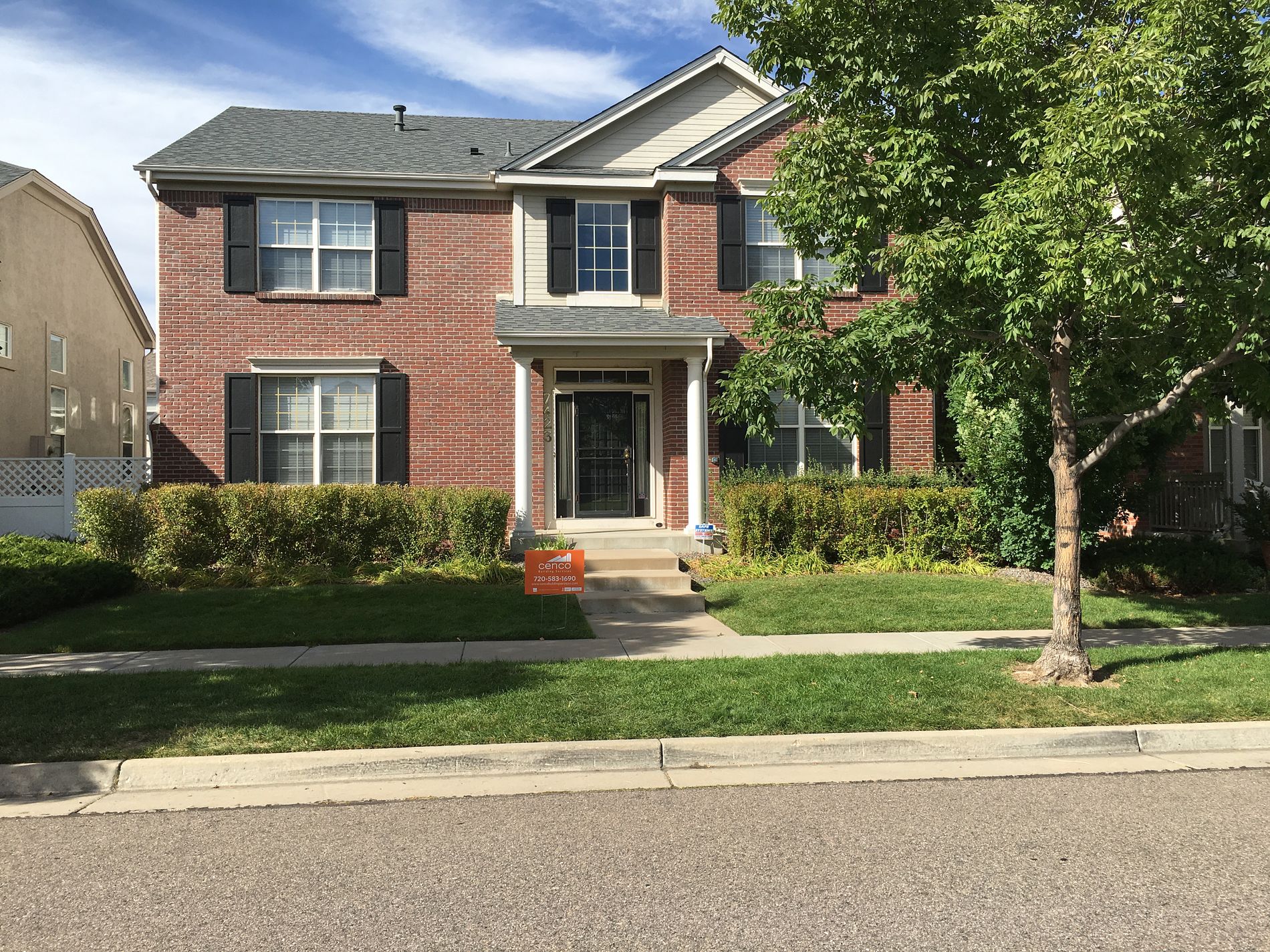If your roof is leaking, there’s a good chance a simple patching is all that would be required to fix the problem. Unless your roof is older or was severely damaged in a natural disaster, a full roof replacement often it is not necessary. If you’re like most homeowners, you’re probably concerned about cost of such a job and want to know: What are typical costs for roof repairs?
Average Cost to Repair a Roof
First and foremost, accurate roof repair estimates require an up-close and in person examination of your roofing system. This will require determining the type, age and condition of the shingles, ridge and valleys on your property. But it also requires careful examination of the flashings, ventilation system, any structural items that affect the roof longevity, as well as the interaction with drainage and HVAC systems. It is best to have a trusted, licensed professional conduct this type of inspection for appropriate feedback. You can make an educated guess about repair costs from common material and labor averages:
-
The typical repair costs for one square foot of asphalt roofing ranges from $100 to $350.
-
The typical repair costs for one square foot of shake roofing ranges from $200 to $400.
-
The typical repair costs for one square foot of tile roofing ranges from $200 to $800.
The typical repair costs for one square foot of asphalt roofing ranges from $100 to $350. The typical repair costs for one square foot of shake roofing ranges from $200 to $400. The typical repair costs for one square foot of tile roofing ranges from $200 to $800. Of course, the cost to repair your own roof will depend on the size of the area that needs to be repaired, the type and style of product, and the complexity of the repair.
Factors that Affect the Cost
Additional factors may affect the final price of your roof’s repair include:
-
Flashing: This is the vinyl or metal stripping that acts as a sealed barrier between roofing and skylights, chimneys, ventilation exhausts and siding on multiple level roofs. Flashing may also be used and required where the roofing slopes into a valley, as well as to ensure water runs into the gutter system. Flashing repairs or replacement can run anywhere from $50 to $500 depending on the location and complexity of the repair.
-
Roof pitch: Your roof pitch may also affect the price of repairs. Homes with moderate pitched roofs are the cheapest and easiest to repair. Flat roofs with no pitch, as well as steep roofs will cost more to patch due to the complexity of completing the repairs.
-
Materials: The cost of matching materials is the single biggest cost-factor. Asphalt composite shingles are the least expensive option. Cedar shakes and cedar shingles are more expensive, followed by concrete tiles, stone coated steel and standing seam metal roofing. Synthetic composite products and natural slate products are the most costly to repair or replace.
-
Debris removal: Whether patching a small or large area of your roof, debris will need to be removed and disposed. Roofing companies factor removal costs into their estimates. Removal fees include the cost to remove, haul and dispose of materials at a landfill.
-
Permits and fees: In addition to the actual costs of repairs, you may also need to pay for permits. The roofing company will make arrangements to secure the permit on your behalf, but you will be responsible for paying the fees for it.
Flashing: This is the vinyl or metal stripping that acts as a sealed barrier between roofing and skylights, chimneys, ventilation exhausts and siding on multiple level roofs. Flashing may also be used and required where the roofing slopes into a valley, as well as to ensure water runs into the gutter system. Flashing repairs or replacement can run anywhere from $50 to $500 depending on the location and complexity of the repair. Roof pitch: Your roof pitch may also affect the price of repairs. Homes with moderate pitched roofs are the cheapest and easiest to repair. Flat roofs with no pitch, as well as steep roofs will cost more to patch due to the complexity of completing the repairs. Materials: The cost of matching materials is the single biggest cost-factor. Asphalt composite shingles are the least expensive option. Cedar shakes and cedar shingles are more expensive, followed by concrete tiles, stone coated steel and standing seam metal roofing. Synthetic composite products and natural slate products are the most costly to repair or replace. Debris removal: Whether patching a small or large area of your roof, debris will need to be removed and disposed. Roofing companies factor removal costs into their estimates. Removal fees include the cost to remove, haul and dispose of materials at a landfill. Permits and fees: In addition to the actual costs of repairs, you may also need to pay for permits. The roofing company will make arrangements to secure the permit on your behalf, but you will be responsible for paying the fees for it. There are several factors to consider when estimating the cost of roof repairs. A simple patch may only cost $100 to $200, while a larger, more complex job may cost close to $1,000. A licensed professional roofer can provide you with an accurate estimate after seeing the roof first-hand.



